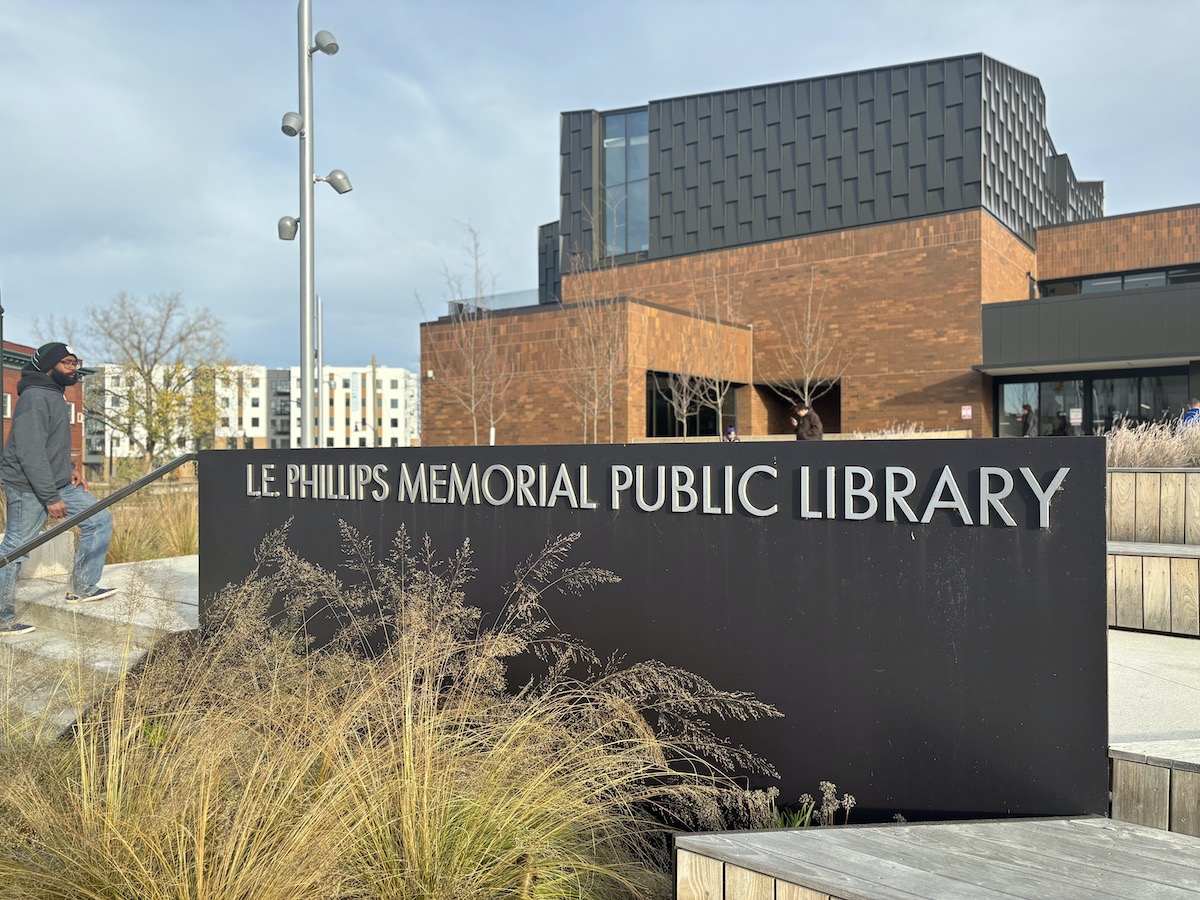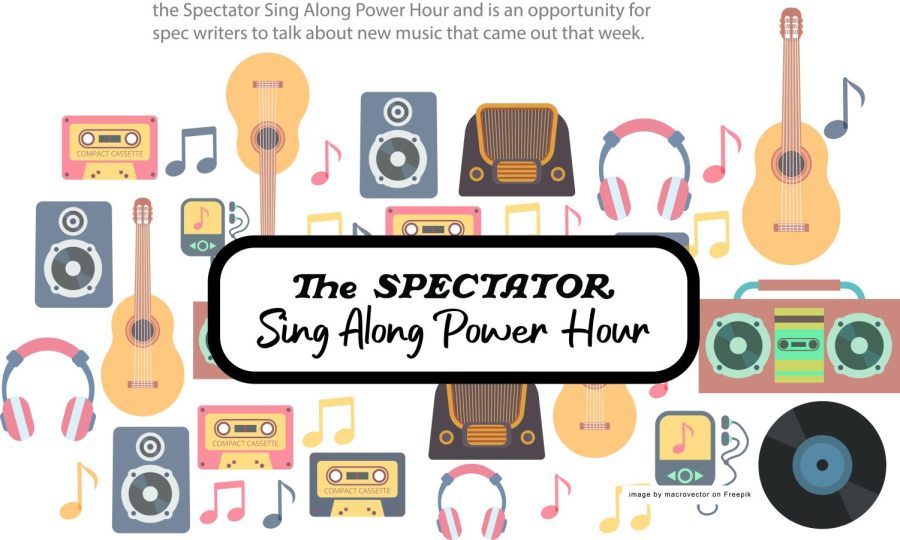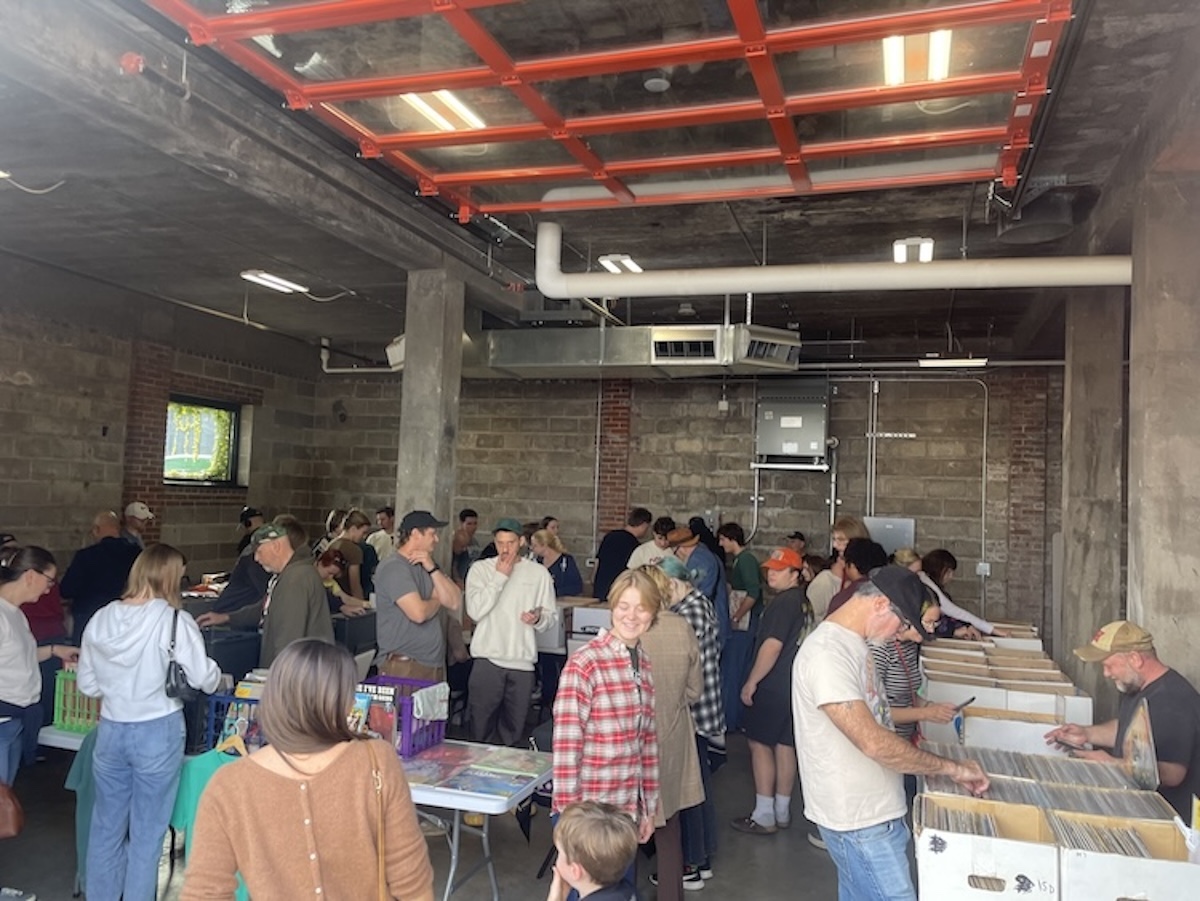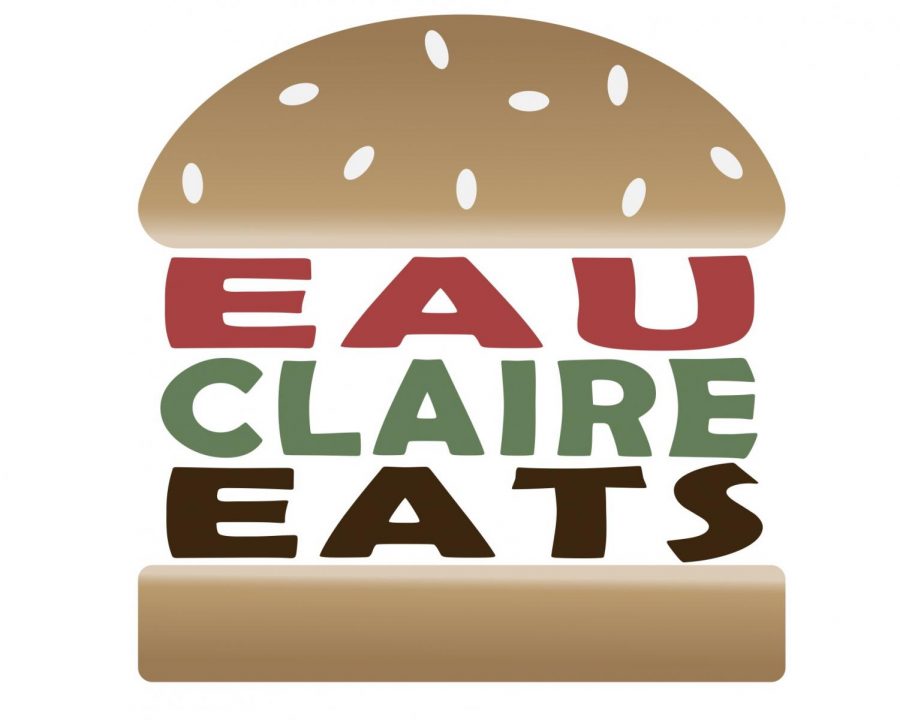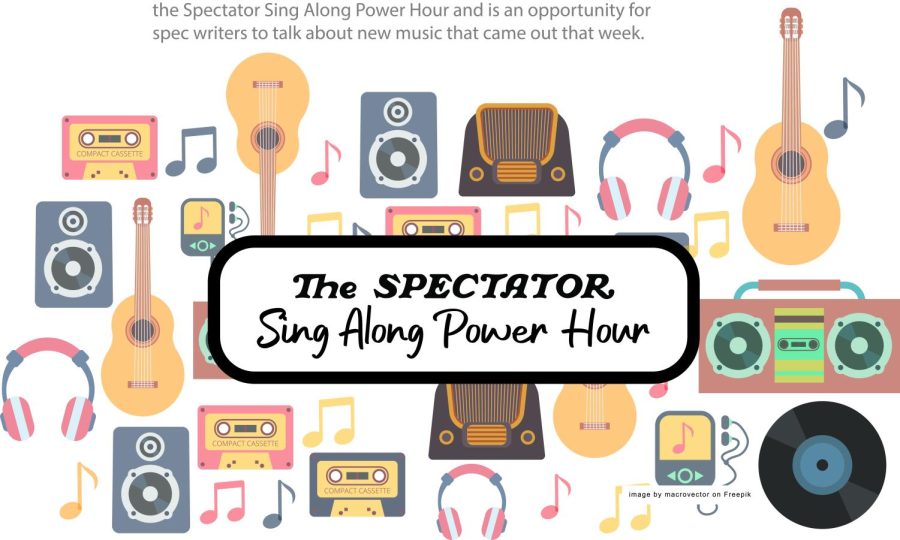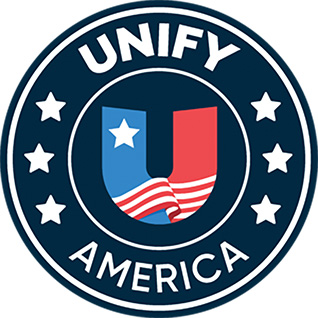Beauty is pain, and there’s beauty in everything. This was a theme that was often discussed last week when the L.E. Phillips Memorial Public Library partnered with the Chippewa Valley Writers Guild to have a conversation on just that.
“Journeying Closer to the Truth: Memoirists in Conversation on Discovering Yourself on the Page,” was held from 6-7 p.m. on Nov. 9 over Zoom. It was a conversation with author and 2023 Pulitzer prize finalist Chloé Cooper Jones on her highly acclaimed memoir, “Easy Beauty.”
The book talk was in partnership with the Chippewa Valley Writers Guild. The guild was created to help provide educational literary events for writers and book lovers around Wisconsin. This event was held as a part of their “craft talk series,” where they talk to writers about their craft.
The event was hosted by the guild’s founder and UW-Eau Claire professor BJ Hollars. Hollars added to the event as he himself is an author. Hollars has his own memoir titled “Year of Plenty,” being published this spring.
Hollars said the event was centered around the teme of beauty and the philosophy surrounding it. Jones’ book discusses her life’s journey and how it corresponds with those ideas.
“It’s the story of her navigating the world with a congenital disability and discussing her life by way of reporting and travel and art and philosophy, all of which blend to help her explore the world in nuanced and beautiful ways,” Hollars said.
Hollars started the conversation by asking about what the difference between easy beauty and difficult beauty was.
During the talk, Hollars and Jones went back and forth about their experiences in writing their memoirs, the processes that took place and the difficulties that come with writing about one’s life.
One topic of conversation that happened between the two authors was how when writing a memoir, authors write about the real people in their life, but how much is an author willing to disclose? Something both Hollars and Jones found as an obstacle.
“How much do I wanna expose my children, how much am I willing to expose my wife’s situation … If I was going to be that true, there’s going to be harm in the way of that truth,” Hollars said.
Memoirs as a genre are personal. Authors are writing about an experience they have had and the experiences of those around them. Jones said how writing about oneself versus those around them brings into question an author’s level of vulnerability and self-protection.
“There’s being self-protective of your own ego, and then there’s being self-protective of the other people you’re writing about. That’s two different types of difficulty,” Jones said.
Another point of conversation that Jones pointed out was how writers are inherently good listeners and how there is a desire to make concrete the things in the world that move them.
“I feel that my skill is less as a writer and more as a fan of life,” Jones said.
According to Jones’ website, her memoir “Easy Beauty” can be purchased wherever books are sold.
Agbara can be reached at [email protected].

